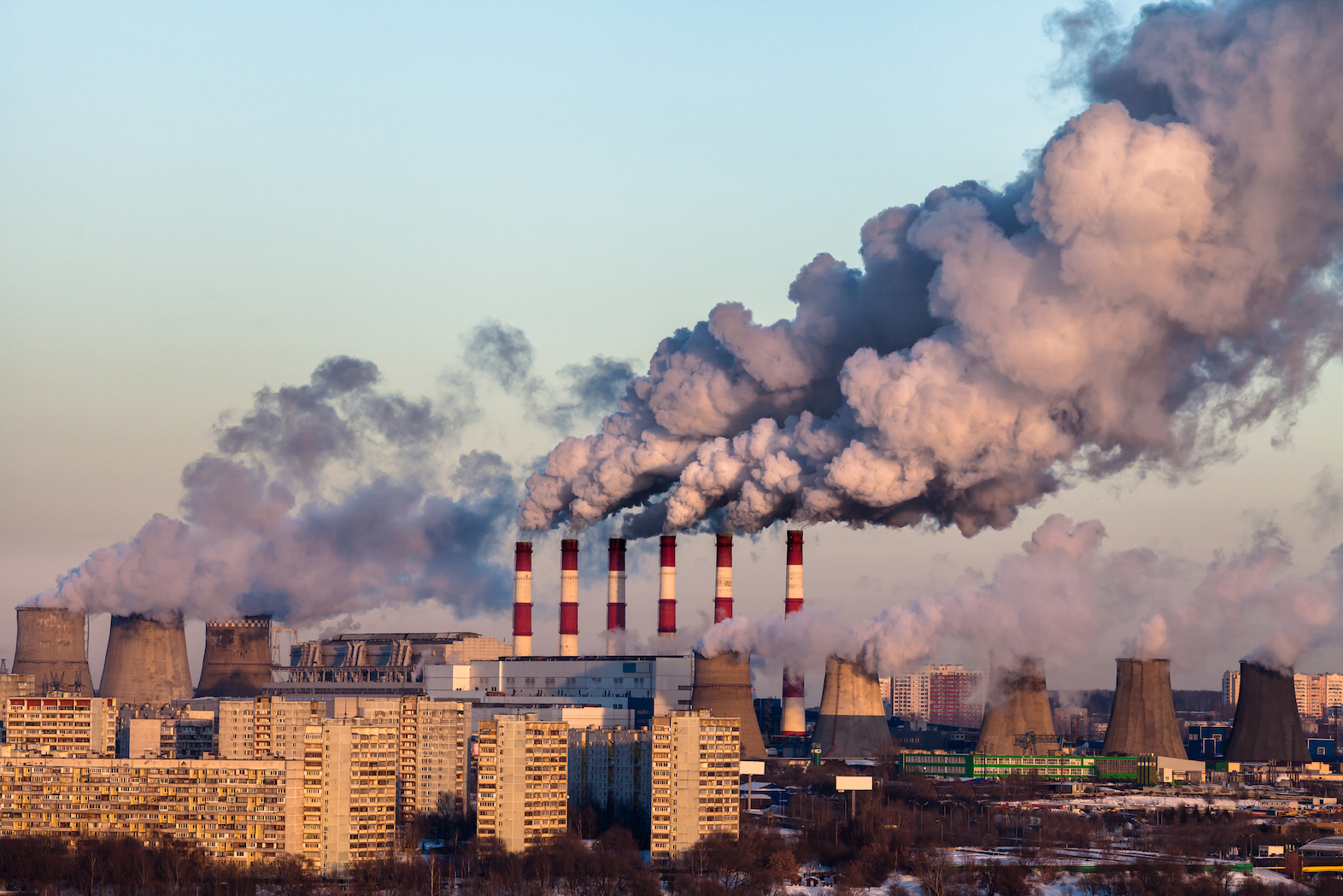A new study conducted by researchers from the University of Siena in Italy and Aarhus University in Denmark looks at the potential association between COVID-19 and air pollution.
More specifically, the team of researchers was interested in examining whether high levels of air pollution increased the lethality rate of COVID-19 in patients from specific areas.
Previously, the ongoing research on the current coronavirus infection pandemic is confined to studying its origin, functionality, and transmission. In addition, scientists and pharma companies are dedicated to finding a treatment option or a vaccine for the virus as soon as possible.
However, there is a lack of medical literature on possible factors that contribute to the lethality of the infection. Scientists have, until now, identified only a few conditions that can make the virus more deadly and potentially fatal in cases.
For instance, the official guidelines from health authorities including the World Health Organization and the Centre for Disease Control and Prevention caution older adults and very young children to practice the suggested preventive measures specifically.
This is because both of these groups are at a higher risk of contracting the infection as well as at a higher risk of death from it in comparison with others.
In addition, people with underlying health conditions such as diabetes also have raised chances of a higher number of complications and death from COVID-19.
Now, the new research, whose findings appear in the journal Environmental Pollution, has uncovered a correlation between higher levels of air pollution and an increase in the lethality of the coronavirus infection.
The team of researchers was able to reach this conclusion after examination of data from countries hit by COVID-19 including Italy and China as well as information and data on previous respiratory diseases or epidemics.
RELATED: COVID-19 Pandemic May Cause Psychological Problems
Out of all the countries, the findings of the study applied the most in Italy where significant differences were noted by the team in different areas and air pollution levels within the country.
While the researchers agreed that a number of factors could play a role including a bigger population of older adults in the area with higher deaths or simply better recording of the deaths and cases, air pollution seemed to play an equally important part as well.
According to the official data records of the Italian government, worst-hit COVID-19 areas including Romagna, Lombardy, and Emilia also have the worst air quality and high levels of air pollution not only in the country but rest of the European continent as well.
The data was also crossed checked with records from the European Environment Agency’s Air Quality Index and NASA Aura satellite and it was clear that the named areas had the worst pollution in all of Europe.
The reasons for air pollution in the named areas include the varying climatic condition in Northern Italy and the big industrial areas present in them.
In addition to these factors, the team of researchers also examined previous research on respiratory illnesses which clearly showed that poor air quality and air pollution can indeed worsen the diseases due to increased inflammation upon inhalation of toxins as well as immune system dysfunction.
The researchers explained further in the words “Air pollution represents one of the most well-known causes of prolonged inflammation, eventually leading to an innate immune system hyper-activation.”
However, the team also clarified that there is a need for further investigation into the matter. Till then, other factors that contribute to the lethality of COVID-19 should also not be ignored.
Dr. Dario Caro, one of the authors of the paper and an environmental scientist in the Department of Environmental Science at Aarhus University specifically concludes in the words “Our considerations must not let us neglect other factors [that may be] responsible for the high lethality recorded.”


